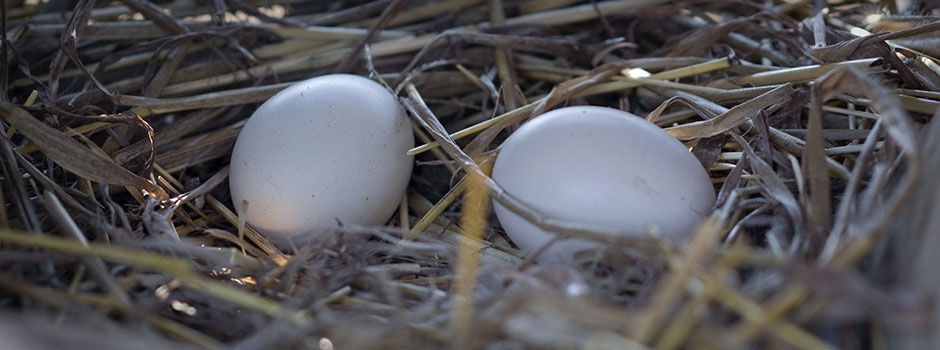First draft national policy and action plan for integrated manure management completed

[Bangladesh]
The Bangladesh Livestock Research Institute (BLRI) has completed the first draft of a national policy and action plan (NPAP) for integrated manure management. The NPAP is the key deliverable of the Bangladeshi Livestock and Manure Management Component (LMMC) Opportunity for Practice Change (OPC). The OPC successfully yielded constructive engagement among key stakeholders from both government and private sectors, resulting in the first draft. “The development of an integrated manure management policy and action plan will create an enabling environment to improve market oriented manure management nationwide and help sustainable livestock production,” said Dr Khan Shahidul Huque, the BLRI project leader.
Steering Committee
Comments and views from members of the steering committee under the OPC project included an emphasis for a market oriented approach in the policy so that it can benefit livestock enterprise development. Committee members also raised their concerns on the improvement of the livelihood of farmers, soil quality and public health.
The steering committee consists of representatives from government agencies and private enterprises, including the Ministry of Environment and Forest, Ministry of Finance, Ministry of Agriculture, Ministry of Power, Energy and Mineral Resources, Rural Development and Cooperative Division, Department of Agriculture Extension, Rural Development Academy, Infrastructure Development Company, and the Bangladesh Biogas Development Foundation. The committee is chaired by the Secretary of the Ministry of Fisheries and Livestock.
Detailed Guidelines
The NPAP will provide detailed guidelines and regulations for stakeholders of large organisations as well as small-scale farmers. Proposed regulations vary from subsidies for biogas initiatives, tax exemptions, transportation of manure and bio-slurry; to the establishment of demonstration farms around the country.
According to Dr Khan “The demonstration farms can be a key component as they can help to boost market oriented business models as well as to provide good practices to drive changes in attitude and practices.” In addition, BLRI still needs further studies to introduce appropriate technologies suitable to the country’s circumstances and agricultural practices with special attention to the use of bio-slurry, the co-product from anaerobic digestion, as an organic fertilizer.
Final Steps
Next will be a workshop with key stakeholders and experts to share knowledge on improved livestock manure management and support the drafting of the NPAP. Thereafter the experts will go on a study tour to India for orientation on the benefits of improved livestock manure management and to explore technologies and good practices. Both activities will contribute towards finalising the draft of NPAP by December 2015. In this final phase Dr Ramesh Chandra Upadhyay, an Indian expert on livestock manure management policy, will join BLRI to provide assistance in reviewing the draft and to share his knowledge regarding technologies relating to anaerobic digestion, biogas separation and manure management; and to provide support in improving strategies for reducing pollution and sustainable livestock development of Bangladesh.
The final draft will be submitted to the Ministry of Fisheries and Livestock for approval.
Bangladesh is a pioneer member country of the Climate and Clean Air Coalition and is committed to reducing Short-Lived Climate Pollutants (SLCPs). Emitting methane from livestock manure is one source of SLCPs which can be captured as biogas. “During the past many years, concerned government agencies have formulated and approved several draft policies relating to livestock and manure management; however, the country still lacks detailed guidelines and regulations for stakeholders to properly manage manure in correspondence with the growth of livestock production and climate change”, said Dr Khan. BLRI has conducted research and collection of manure management related policy documents from Bangladesh and other countries.
Current practice: collecting manure to produce dung cakes for cooking.







